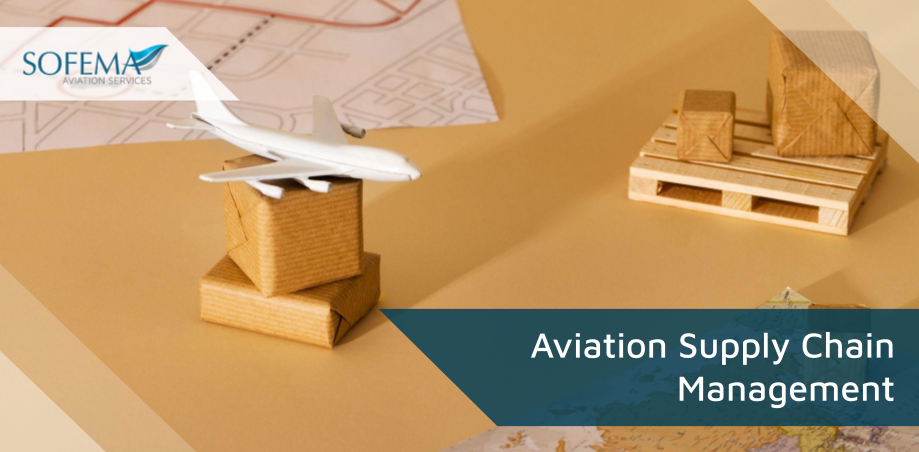Sofema Aviation Services (SAS) www.sassofia.com considers best practices related to Supply Chain Management – Procurement Processes and Vendor Selection
Introduction
Procurement processes for aviation parts and materials are critical for maintaining the safety, efficiency, and reliability of aircraft operations, consider the following:
- Supplier Evaluation and Selection involves assessing potential suppliers of aviation parts and materials based on their ability to meet quality, safety, and regulatory standards.
o Evaluation criteria includes financial stability, quality control systems, track record in the industry, and compliance with aviation standards.
- Certification and Quality Assurance ensures aviation parts and materials meet strict certification requirements.
o This process involves ensuring that all procured items are accompanied by the necessary certification documents (for example FAA Form 8130-3 or EASA Form 1) moreover that they have been manufactured and tested according to industry standards.
- Competitive Bidding and Negotiation ensures cost-effectiveness and fair pricing
o Procurement often involves a competitive bidding process (Includes requests for proposals (RFPs), requests for quotations (RFQs), and detailed contract negotiations focusing on price, delivery schedules, and after-sales support)
- Strategic Sourcing involves analysing the supply market, developing long-term relationships with suppliers, and negotiating contracts that provide the best value in terms of cost, quality, and reliability.
o Strategic Sourcing often includes partnerships or alliances with key suppliers.
- Inventory Management is crucial in aviation to balance the need for having essential parts available without overstocking.
o This involves forecasting demand, managing stock levels, and implementing just-in-time (JIT) inventory strategies.
- Procurement processes should consider the risks associated with supply chain disruptions, quality issues, and regulatory non-compliance.
o Implementing risk management strategies and compliance checks is essential to ensure uninterrupted operations.
- Aviation companies are increasingly focusing on sustainable and ethical procurement practices.
o This involves sourcing materials and parts in a way that minimizes environmental impact and ensures ethical labour practices in the supply chain.
Consider the following Best Practices Related to Procurement:
- Vendor Assessment optimisation by conducting detailed due diligence, including financial audits, capability assessments, and compliance checks before selecting vendors.
- Establishing long-term partnerships with vendors for better price negotiation and supply chain stability.
- Regularly reviewing vendor performance and compliance with EASA regulations.
- Ensuring staff are well-trained in procurement processes and aware of the latest EASA regulations and industry standards.
- Use of Digital Tools: Implementing ERP systems and other digital tools for better visibility and control over the supply chain.
Next Steps
Follow this link to our Library to find & Download related documents for Free.
Sofema Aviation Services & Sofema Online provide EASA Compliant Regulatory Training and Vocational Courses for the Aviation Supply Chain. Please see the websites for more information or email team@sassofia.com
Tags:
EASA, Risk Management, Aircraft Operations, environmental impact, Supply Chain Management, Procurement Processes, Vendor Selection, aviation parts, contract negotiations, (RFPs), Strategic Sourcing, Inventory Management, Supplier Evaluation, Digital Tools, ERP systems




